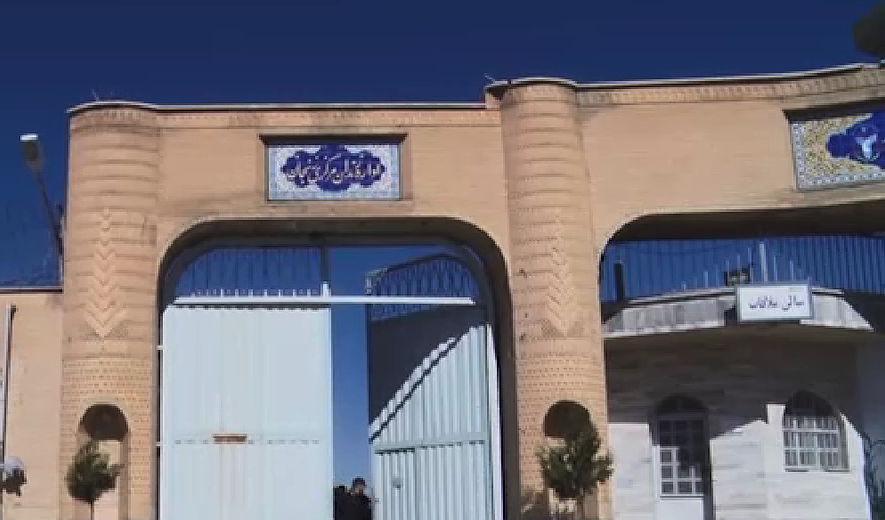Juvenile Offender Yaser Fathi Obtains Extension in Death Penalty Case

Iran Human Rights (IHRNGO); August 8, 2023: Juvenile offender Yaser Fathi who was transferred to solitary confinement in preparation for his execution in Zanjan Central Prison, has been returned to his cell after obtaining an extension from the plaintiffs in the case.
According to information obtained by Iran Human Rights, Yaser Fathi was returned to his cell in the middle of the night after obtaining an extension in his case. The juvenile offender is alleged to have committed a murder during a group fight when he was 17 years of age. He was sentenced to qisas (retribution-in-kind) for murder.
Yesterday, Iran Human Rights reported that Yaser was transferred to solitary confinement in preparation for his execution on 6 August 2023.
An informed source told Iran Human Rights: “Yaser Fathi was returned to his cell and two charities are to help him pay the diya set by the plaintiffs within a month.”
Those charged with the umbrella term of “intentional murder” are sentenced to qisas (retribution-in-kind) regardless of intent or circumstances due to a lack of grading in law. Once a defendant has been convicted, the victim’s family are required to choose between death as retribution, diya (blood money) or forgiveness.
In Yaser’s case, the family have agreed to accept diya in lieu of execution if he can come up with the amount they have set within a month. While the judiciary sets an annual indicative amount, there is no upper cap and plaintiffs may demand however much they desire. Though charities help in some cases, many have been sent to the gallows over the years because their families could not afford the set diya.
It is important to note that Yaser remains at risk of execution while his death sentence is enforceable.
According to Article 91 of the new Islamic Penal Code, passed in 2013, “In the cases of offences punishable by hadd or qisas, if mature people under eighteen years do not realise the nature of the crime committed or its prohibition, or if there is uncertainty about their full mental development, according to their age, they shall be sentenced to the punishments prescribed in this chapter.” The note to the Article gives judges the power to determine the defendant's mental capacity: “The court may ask the opinion of forensic medicine or resort to any other method that it sees appropriate in order to establish the full mental development.”
Iran is one of the few countries in the world that still carries out the death penalty for juvenile offenders. The International Covenant on Civil and Political Rights which the Islamic Republic is a signatory to, prohibits the issuance and implementation of the death penalty for crimes committed by an individual below 18 years of age. According to Iran Human Rights' reports, at least 68 juvenile offenders were executed between 2010 and 2022 in Iran. International reports show that the Islamic Republic is responsible for 70% of juvenile executions in the last 33 years.
The Convention on the Rights of the Child, which the Islamic Republic is also a signatory to, explicitly states that “Neither capital punishment nor life imprisonment without possibility of release shall be imposed for offences committed by persons below eighteen years of age.” However, the new Islamic Penal Code adopted in 2013 explicitly defines the “age of criminal responsibility” for children as the age of maturity under Sharia law, meaning that girls over 9 lunar years of age and boys over 15 lunar years of age are eligible for execution if convicted of “crimes against God” (such as apostasy) or “retribution crimes”(such as murder).

